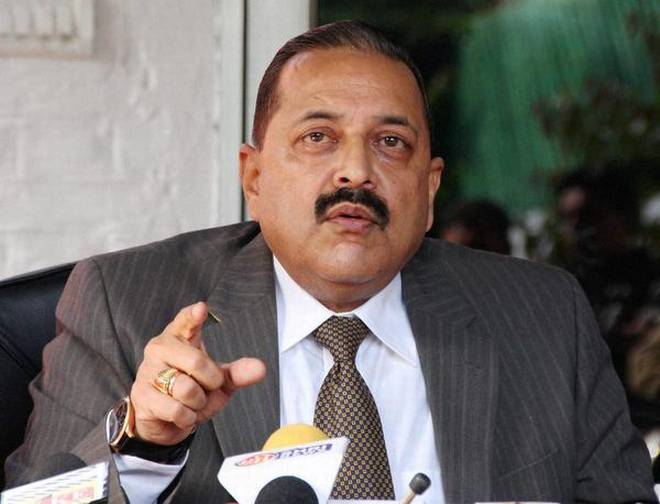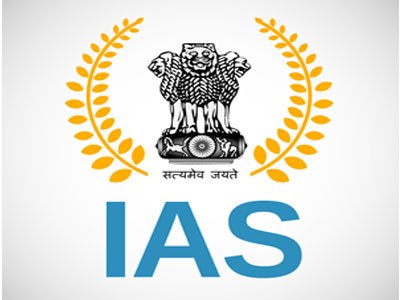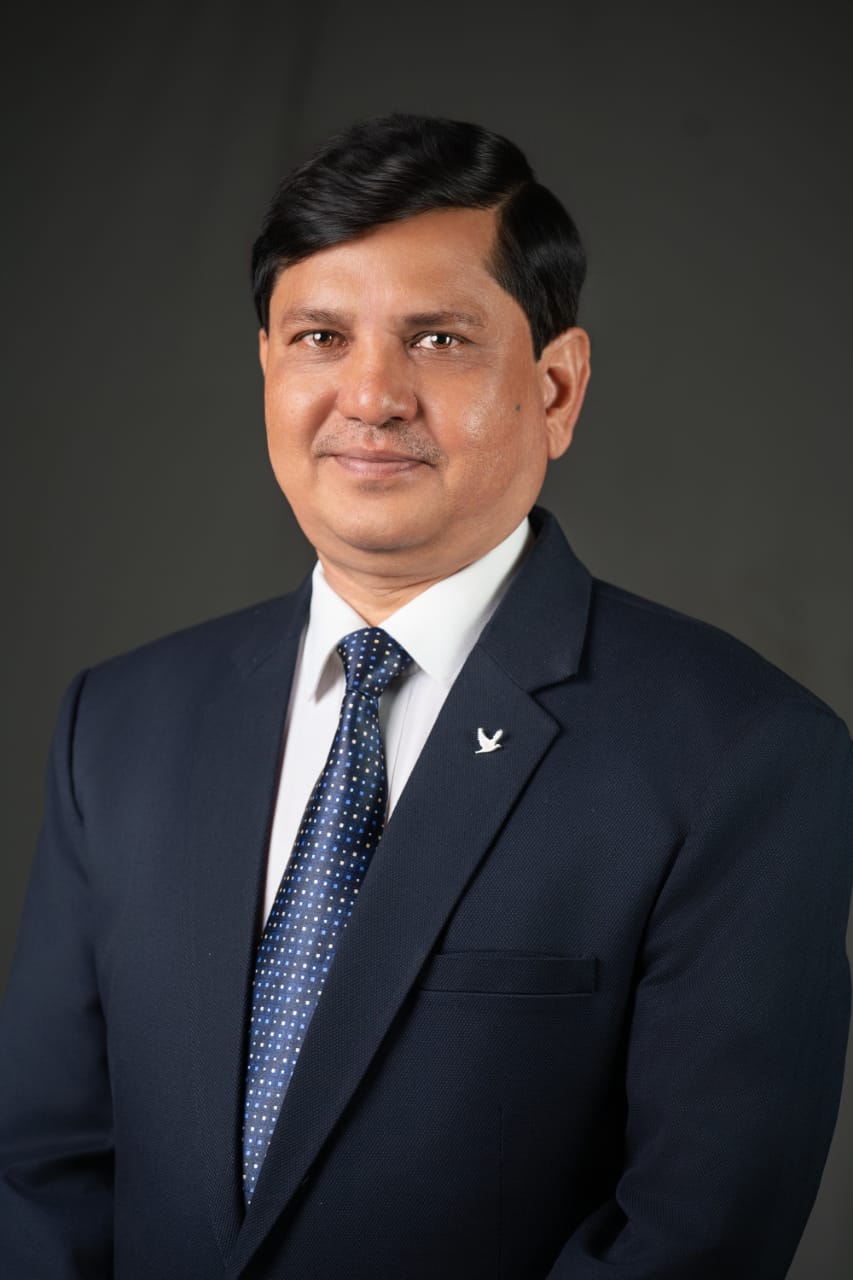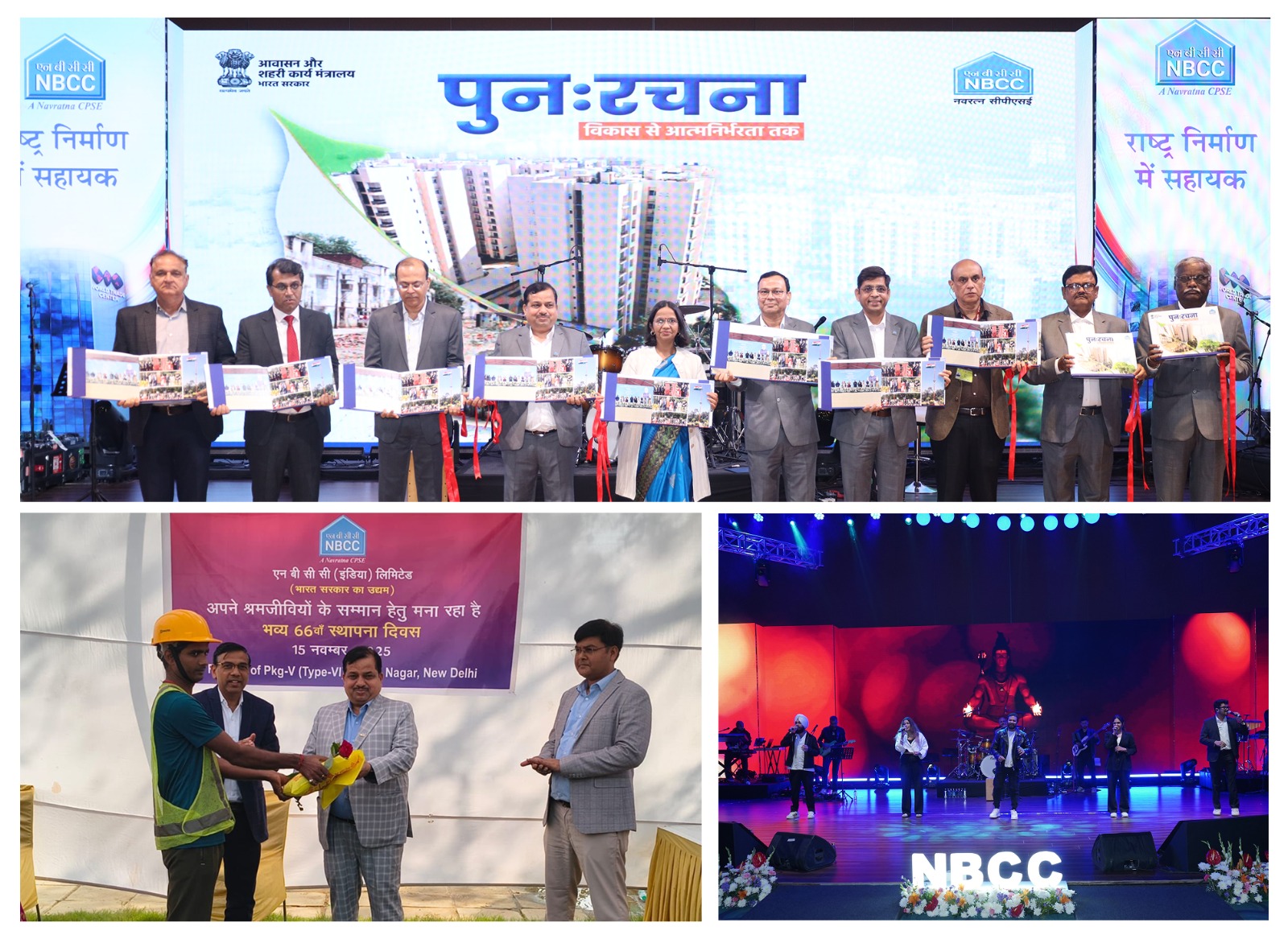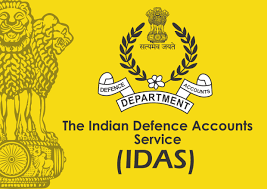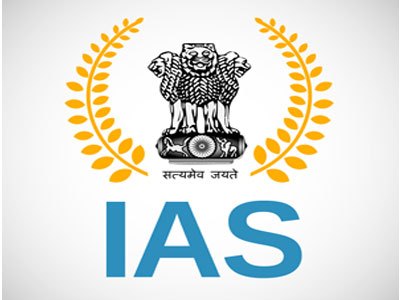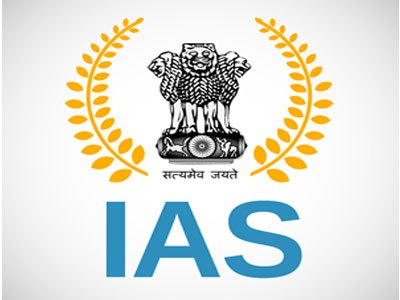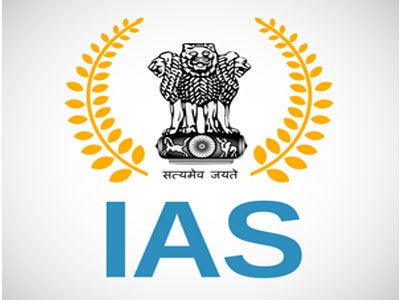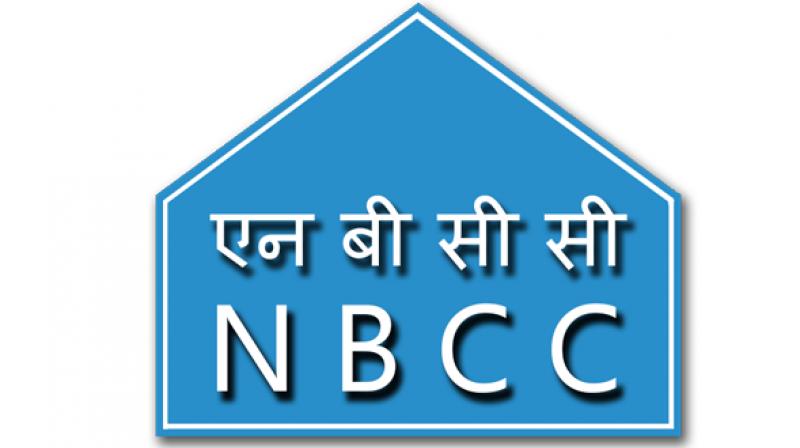Dr. Jitendra Singh, today said that success stories like the SVAMITVA (Survey Village and Mapping with Improvised Technology in Village Areas) scheme, which stands for Survey Village and Mapping with Improvised Technology in Village Areas have transformed citizens into masters of their own destiny, ending decades of dependence on the mercy of revenue officers and patwaris. The programme, he noted, has emerged as a global model of citizen-centric governance, enabling self-mapping of land by citizens themselves and inspiring adoption by other countries.
Chairing a high-level review meeting of the "Survey of India" at the Parliament House, Dr. Jitendra Singh hailed the National Geospatial Policy 2022 as a game-changer that has democratized geo-spatial data, enabling wider accessibility and utility across government and public sectors. He pointed out that, in collaboration with the Registrar General of India, the harmonization of boundaries has been completed—marking a milestone in the transformation of the Survey of India in recent years.
Dr. Jitendra Singh emphasized that the Survey of India’s technical expertise underpins several flagship schemes, including the SVAMITVA scheme, AMRUT Mission, Smart Cities, Digital Twin Mission and NAKSHA Scheme. He outlined plans to integrate Artificial Intelligence (AI) and Machine Learning for technology upgrades, create synergies with other science and government departments, and ensure they can fully utilize the department’s world-class facilities.
Highlighting technological advancements, Dr. Jitendra Singh cited the development of high-accuracy Digital Elevation Models (DEMs), a shift from being map producers to becoming geo-spatial enablers for multiple sectors of the economy. He praised the department’s proactive engagement with ministries, as well as the establishment of Continuously Operating Reference Stations (CORS) and the creation of a Geodetic Asset Register at the state, district, and taluka levels. These registers, to be made available to Tehsildars, will significantly ease citizen-centric service delivery.
